Researchers have developed a hydrogel system containing a spatial gradient of siRNA and studied its effects on encapsulated cells.
Flexible piezoelectrics in medicine
KAIST researchers discuss the recent progress of flexible piezoelectric thin-film harvesters and nanosensors for use in biomedical fields.
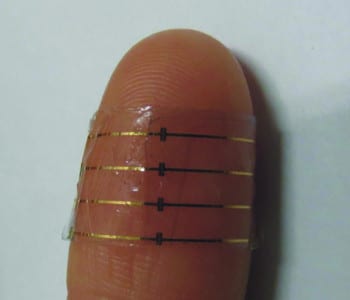
Bioelectronics and the organic electrochemical transistor
Recent research in to the biological applications of the organic electrochemical transistor is reviewed in the Journal of Applied Polymer Science
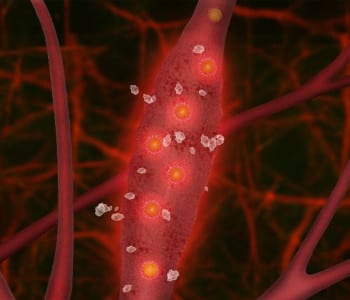
Particles for Healthcare Applications
Researchers highlight the potential and current biological and biomedical applications of micro- and nanoparticle research.
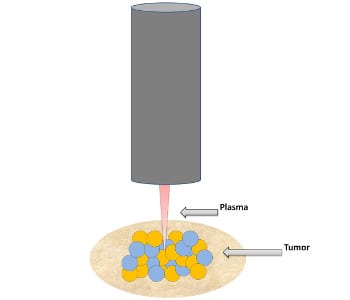
Treating cancer with low temperature plasma
Plasma Processes and Polymers publishes the first journal special issue that focuses on the application of low temperature plasma to cancer.
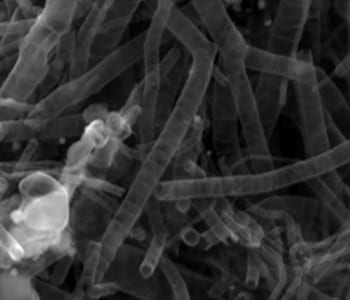
Graphene tubes in electrocatalysis
A group of researchers have developed a new hybrid catalyst technology to reduce oxygen at fuel cell cathodes.

Jarring Fears – CO2 War or Peace?
Professor Geoff Ozin asks: do we want to fight carbon dioxide, or embrace it?
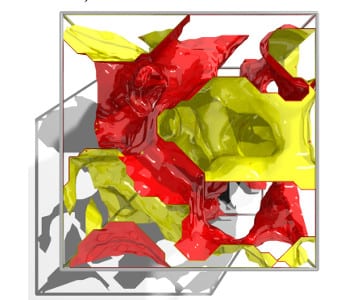
Modeling improved organic solar cell behaviour
A new electrostatic model has been developed, which treats electrons and holes not as point charges or an average electrostatic density, but as delocalized Gaussian spheres.
Instructing neural cell growth with synthetic hydrogels
Researchers have reported a multi-component hydrogel material that can be utilized to direct the fate of neural precursor cells in vitro.
Multifunctional coating to improve DSSCs
A new multifunctional coating system to increase the sunlight harvesting ability and the operational lifetime of organic DSSC devices has been proposed.










